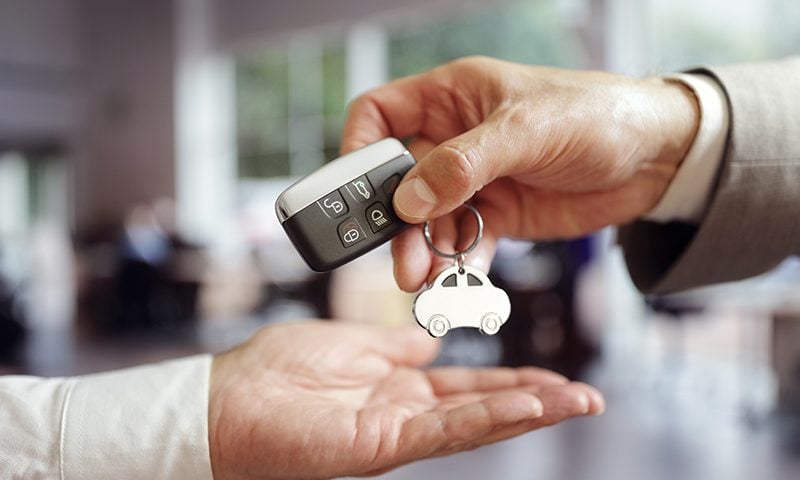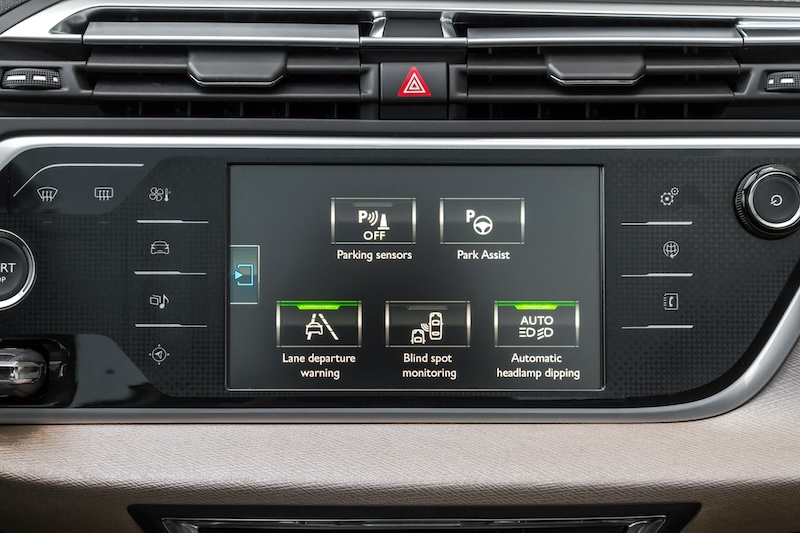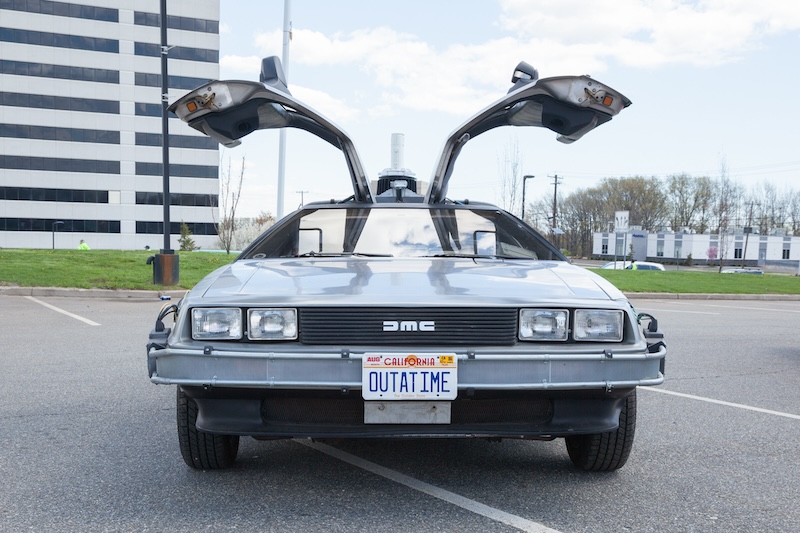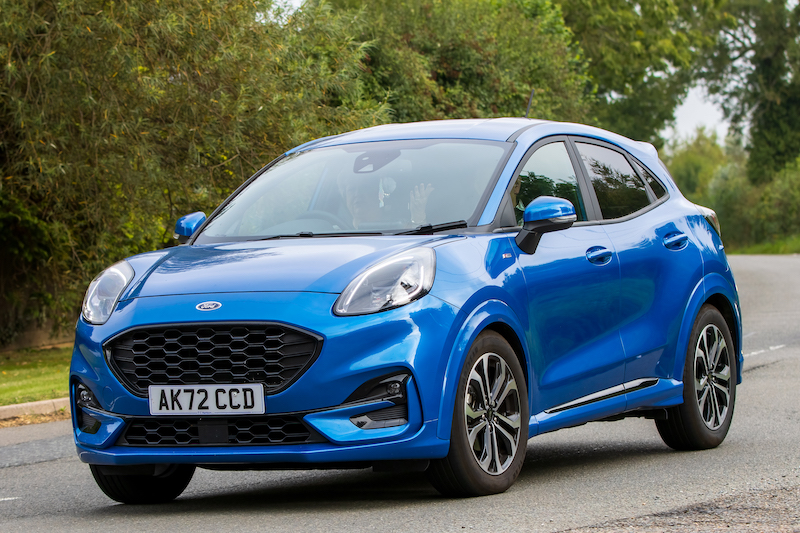New vs old: a buyer’s guide to car shopping

Splashing out on a car is not a decision you should take lightly…what make and model do you want? How much do you want to spend? And perhaps most importantly, are you best opting for a shiny new whip or a tried-and-tested used motor?
The number of new car registrations has seen a dip this year by more than a quarter (26%), according to financial news site This is Money. This gives you a lot of negotiating power for lower prices, better deals and added extras.
There are also lots of positives to choosing a used car – not only are they typically cheaper, they’ve also been tried and tested.
But which is best for you? It’s worth weighing up the pros and cons…
New vs used
Cheapest for repairs
Winner: New car
New vehicles come with a reasonable expectation that they won’t break down and they’ll do the job you need them to. The parts are all brand new and the vehicle hasn’t been subjected to any trying conditions, accidents or bad driving.
Your expectancy for a new car is backed up by a manufacturer’s guarantee that will cover the costs of repairs or replacement within its initial time or mileage period.
Unfortunately for a used motor, while some bought from a trader may come with a short warranty, they are usually out of the timeframe or mileage restrictions and you’re probably not covered should anything go wrong.
Most reliable?
Winner: New car
Because all the components are brand new, a freshly produced vehicle does not have the worries that come with wear and tear. It also doesn’t have any previous owners that could be concealing the car’s history, such as crashes, breakdowns or faults.
Best for safety?
Winner: New car
Once-optional safety features are now fitted as standard on a lot of new motors, and so if you do your research then you are likely to get a much safer vehicle than if you are to opt for a used car.
For many buyers, safety is a fundamental factor when shopping for a new car and this is recognised by manufacturers who are making their new models safer and more secure than ever before.
Top fuel economy?
Winner: Used car
After safety, most people want to know how economical their car is. Will it cost you a tenner just to get it off the drive? Or will you be able to enjoy a ride out in the countryside for less than the cost of a coffee? Fuel economy has shown increasing significance to buyers and manufacturers are cottoning on and using it to market new models.
However, the gap between official figures quoted by manufacturers and the fuel economy you get in the real world has been getting wider and wider. According to motoring organisation The AA, in 2001 the average difference between the two was around 8%, but by 2014 this increased to 40%.
Some of these differences can be attributed to the fact laboratory tests can never accurately reflect the road, weather conditions or different driving styles. But in some instances, manufacturers are being accused of misleading buyers with their inaccurate claims.
With a used car, the fuel economy has been tested in real life conditions and so you can get an honest idea of how much the day-to-day costs will set you back.
Greenest and cleanest?
Winner: New car
Air quality targets mean manufacturers are tripping over themselves to provide cleaner vehicles that won’t cause a worry when new rules affecting diesel and petrol engines come into force. CO2 emission data is not just readily available but is a key factor in the marketing of many new models, drawing in an eco-friendlier consumer base.
Even if saving the planet is not your primary concern, being stung by higher road taxes, parking charges and toxicity fines is best to be avoided.
Best for personalised spec?
Winner: New car
When you pick your new car, you have the option to add on the extras that are important to you or will make your journey more enjoyable.
As well as customising your vehicle to perfectly suit your needs and wants, these added extras can also add value. In-car GPS, air-con, Bluetooth/smartphone integration, a panoramic roof or upgraded alloys will all bump up the cost of your car but they’ll also bump up the value and slow down depreciation, according to Rupert Pontin, director of valuations at Glass’s Guide.
Comparatively, used cars do not have the luxury of adding these features on afterwards.
Lowest depreciation costs?
Winner: Used car
The difference between what you pay for a vehicle and what it’s worth when you sell it on is called depreciation.
With a used car, especially one that is over three years old, depreciation has already taken its hardest hit, and you will not be losing too much on the value should you decide to sell it on.
Unfortunately for new cars, the showroom price is almost certain to be the highest rate it will ever be – particularly for the next decade.
According to The AA, an average new car accruing 10,000 miles/year will lose around 60% of its initial value in the first three years, with mileage and condition further affecting the valuation.
Most cost efficient?
Winner: Used car
It’s a given that a car that has never been driven off the forecourt is going to be more costly than one that has been pre-loved. Even if you opt for a new bottom-line basic model over a used one with lots of extras, depreciation means you’re still likely to be shelling out more for a new car than a used one.
Best wait time?
Winner: Used car
If you’re buying a brand spanker with customised extras, then you’re likely to have to wait for it to be tailored to your specification; you won’t just be driving it out of the showroom. On the other hand, a used car will usually be ready to go the minute cash changes hands.
Least amount of faults?
Winner: Used car
Even with the best will in the world, some faults can’t be identified until they’ve been tested in real-world conditions. This means problems with your car may not even be known to the manufacturer yet and could sneak up and surprise you.
Makers can recall vehicles to rectify the problems or even refund buyers if the issues are so severe they can’t be easily fixed.
Having a car that has been tried and tested on the roads, means any unresolved issues not highlighted in initial testing have usually been spotted and rectified.
Top history and condition?
Winner: New car
Some owners will treat their cars like a baby – polishing it up and treating it to the highest grade fuel available. Others will smoke inside the vehicle, carry around pets and haphazardly hit kerbs and bushes that cause scratches to the alloys and bodywork.
Owners are sometimes dishonest about a car’s history if it could impact on the sale or value of the vehicle.
Neither of these are issues with a new car and it will be undamaged and clean, and even come with bona fide new car smell.
The overall winner? New car!
Did the new car get your vote? Check out our top tips for buying a new car:
- Do your research and buy a model that holds its value.
- If you’re looking for brand new wheels, consider a “pre-reg” car, which has technically already had one owner and can come with up to 70% off the list price.
- Whether new or used, make sure it’s affordable by checking the cost of road tax, insurance and parking tolls before you take the plunge.
- Know what extras come as standard on new vehicles so they’re not upsold by unscrupulous salespeople.
- Walk away – if a seller has to chase you to get the deal, you’re in a better position to negotiate.
- Don’t fill the silence – if it goes quiet, let the salesperson fill in the gaps.
- Negotiate hard – it’s a buyer’s market and you need to use this to your advantage. Make sure you get the best price, or at the very least, a lot of extras thrown in.
- Take someone with you – if haggling isn’t your strong suit, take someone cheeky with you who won’t be afraid to ask for a discount or something thrown in.
- If you’re buying a used car that’s over three years’ old, check a car’s MOT history online to make sure the mileage and repairs log add up.
- Buying from a dealer? Buy at the end of the quarter. Typically, dealers have targets to meet, so if you head there at the end of March, June, September or December you’ll be in a better position to get a bargain.
- Check as many dealerships as possible and come armed – show them what you can get elsewhere.
Avoid getting scammed when buying a new car with our handy guide to unscrupulous sellers.


